CNC machining services forUSA
Purchase performance-focused parts now
Our CNC machining services, in USA , makes precision parts for your requiements.

DongGuan ChengYang is a leading provider of CNC machining services for Massachusetts. With years of experience and expertise in the industry, we pride ourselves on delivering high-quality precision machining services to our clients. Whether you are in need of prototyping, production runs, or custom parts, we have the capabilities to meet your specific requirements.
Our team at DongGuan ChengYang is dedicated to providing top-notch CNC machining services for Massachusetts. We understand the importance of precision and efficiency in the manufacturing process, which is why we utilize the latest technology and equipment to ensure the highest level of quality in every project we take on. With a focus on customer satisfaction and attention to detail, we strive to exceed expectations and deliver exceptional results each and every time.
From concept to completion, DongGuan ChengYang is committed to being your trusted partner for all your CNC machining needs in Massachusetts. Contact us today to learn more about our services and how we can help bring your projects to life with precision and accuracy.
CNC Machining services
Dongguan C.Y. are equipped with 3-axis, 4-axis, and 5-axis CNC milling machines, allowing us to optimally processing part ranging from elementary to sophisticated.
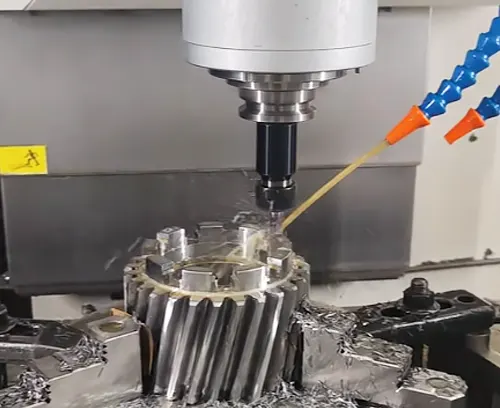
CNC Milling
Our shop features CNC milling capabilities, merging expert craftsmanship with fast turnaround times.
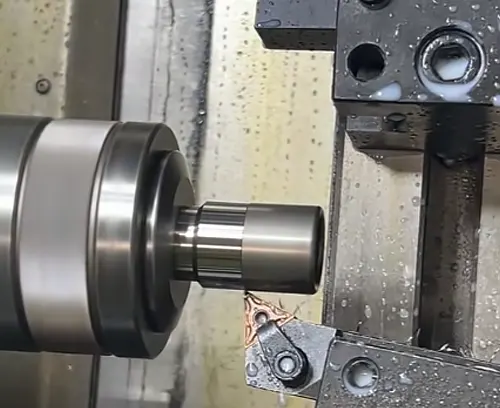
CNC Turnning
Our CNC lathes, turning centers, and mill-turn equipment enable us withefficiency to construct a broad range of components for every patron.
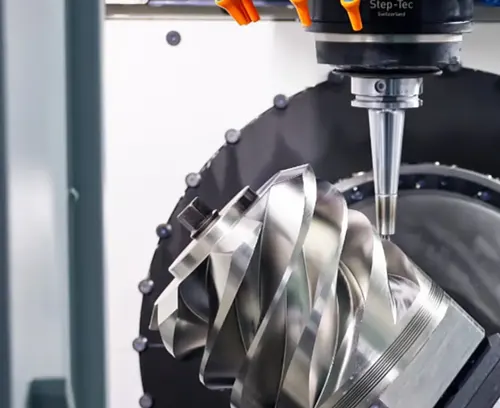
5 Axis CNC Milling
Provide 5-axis machining solutions for complicated and exacting parts. Featuring speed production, it's perfect for exquisite designs.
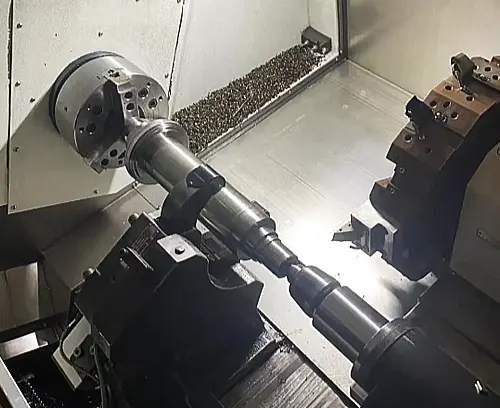
Precision Machining
Ensure precision-driven fabrication by combining several production phases to boost performance, exactness, and shorten lead times, delivering consistent and superior results.
Capabilities
Maximum Dimensions
2000mm x 1500mm x 800mm or 78.7 x 59 x 31.5 inches.
Maximum Dimensions
2000mm x 1500mm x 800mm or 78.7 x 59 x 31.5 inches.
Support Threading
Prefer Metric Threads, Also Support UNC and UNF threads.
Wall Thickness
Generally, a workable minimum wall thickness is 0.5mm for metals and 1.0mm for plastics.
Material Available
Metals: Aluminum, Copper, Brass, Bronze, Stainless Steel, Carbon Steel, Steel Alloy, Titanium, and plastic, etc .
Tolerances
Dimension: Depends on the size and material, generally +/- 0.01mm or 0.0004 inches
Common CNC DFM
Early design refinement through DFM enhances manufacturability, lowering costs and minimizing production problems.

Sharp Corner

Undercut

Undercut

Thick Walls

Tolerance Guide

Small Hole

Narrow Area
Metal Materials
We offer instant quotes for over 100 metals and help compare processing material costs.Instantly quote more than 100 metals and quickly compare processing expenses.
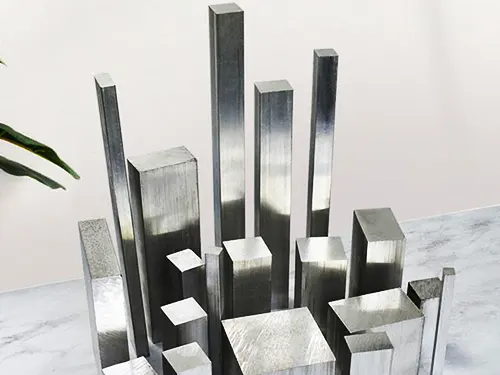
Aluminum
Aluminum is a widely used material in CNC machining due to its lightweight, corrosion resistance, and excellent machinability. It is a versatile metal that can be easily shaped and fabricated to produce intricate designs and precise parts. Common types of aluminum used for CNC machining include 6061, 7075, and 2024 aluminum alloys. 6061 aluminum is known for its high strength and good weldability, making it suitable for a wide range of applications. 7075 aluminum is a high-strength alloy with excellent fatigue resistance, often used in aerospace and military applications. Lastly, 2024 aluminum is prized for its high machinability and good mechanical properties, making it a popular choice for CNC machining projects.
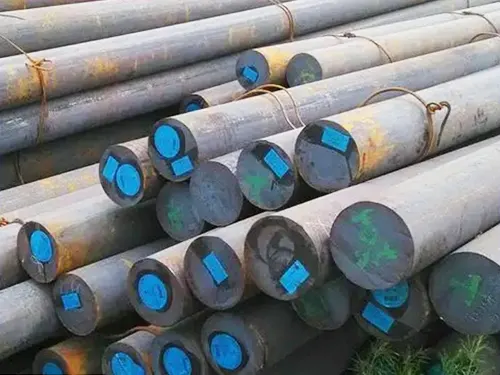
Carbon Steel
Carbon steel is a popular material used in CNC machining due to its excellent strength, durability, and machinability. It contains a high carbon content, typically ranging from 0.60% to 1.25%, which enhances its hardness and wear resistance. Some common types of carbon steel used in CNC machining include AISI 1018, AISI 1020, AISI 1045, and AISI 1095. AISI 1018 is a low carbon steel that offers good weldability and machinability. AISI 1020 is known for its excellent machinability and weldability. AISI 1045 is a medium carbon steel with good strength and toughness. AISI 1095 is a high carbon steel that is often used for high-strength applications. These types of carbon steel are versatile and widely used in various industries for CNC machining processes.
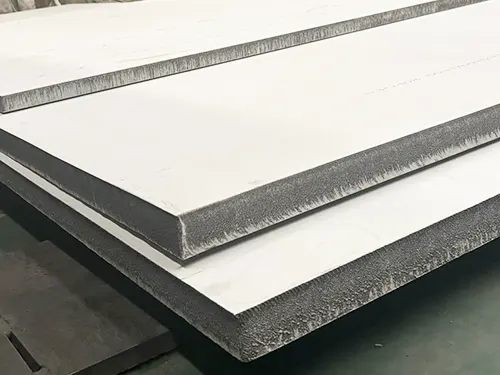
Stainless Steel
Stainless steel is a popular material used in CNC machining due to its strong, corrosion-resistant properties and ability to maintain its durability in various environmental conditions. It is a versatile material that is commonly used in the aerospace, automotive, and medical industries for its high strength-to-weight ratio and aesthetic appeal. Some common types of stainless steel materials used in CNC machining include Austenitic stainless steels (such as 304 and 316), Martensitic stainless steels (such as 410 and 416), and Ferritic stainless steels (such as 430 and 446). Each type offers unique benefits and properties that make them suitable for different applications, making stainless steel a popular choice for CNC machining projects.
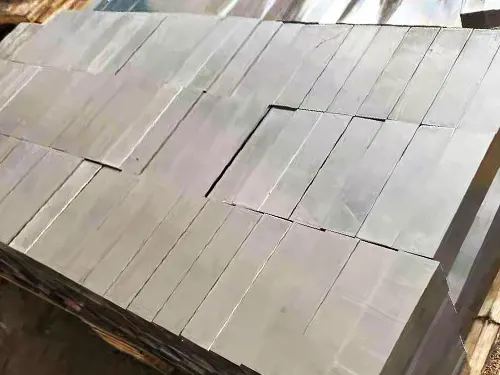
Tool Steel
Tool steel is a type of carbon and alloy steel specifically designed for cnc machining applications. It is known for its high hardness, wear resistance, toughness, and ability to retain sharp cutting edges during high-speed machining operations. Common types of tool steel used in cnc machining include D2, M2, A2, O1, and S7. D2 tool steel is highly wear-resistant and suitable for cutting tools and punches. M2 tool steel has excellent red hardness and is often used for drilling and milling. A2 tool steel is known for its high impact toughness and is commonly used for forming tools and punches. O1 tool steel is versatile and used for various applications, while S7 tool steel is known for its shock resistance and is commonly used for high-impact tools.
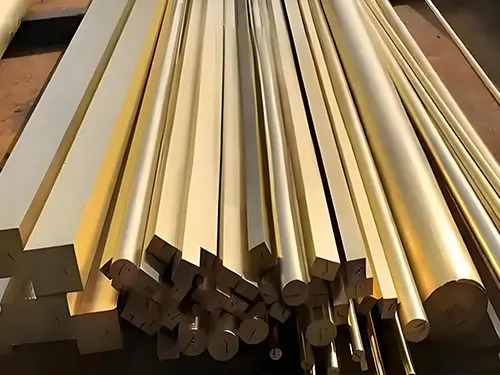
Brass
Brass is a popular material used in CNC machining due to its excellent machinability, corrosion resistance, and attractive appearance. It is an alloy of copper and zinc, with varying ratios of these two metals creating different grades of brass that offer unique properties. Common types of brass used in CNC machining include C360 (free-cutting brass), C464 (naval brass), and C260 (cartridge brass). These different grades of brass are selected based on the specific requirements of the part being manufactured, such as strength, conductivity, or aesthetic appeal. Brass is often chosen for its ability to produce intricate and precise parts, making it a valuable material in the CNC machining industry.
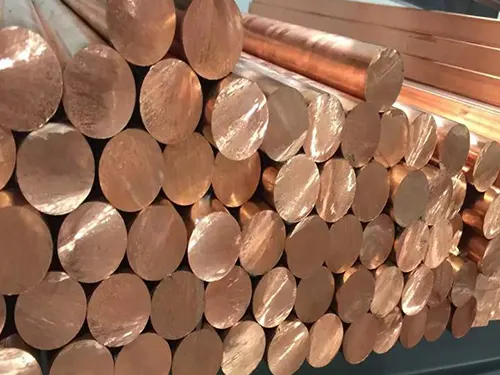
Copper
Cooper is a type of material commonly used in CNC machining due to its excellent machinability, corrosion resistance, and conductivity. It is a soft metal that is often preferred for applications where intricate detailing is required. Some common types of materials used in CNC machining alongside cooper include aluminum, stainless steel, brass, and plastics such as acrylic and polycarbonate. Each material offers its own set of advantages and is chosen based on the specific requirements of the project. While cooper is great for certain applications, it is important to consider factors such as strength, durability, and cost when selecting the material for CNC machining.
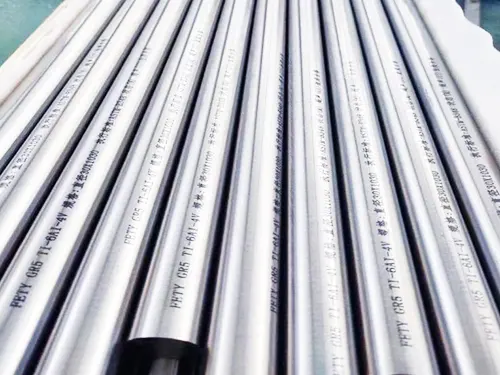
Titanium
Titanium is an excellent material for CNC machining due to its high strength, corrosion resistance, and low weight. It is commonly used in aerospace, medical, and automotive industries for producing complex and high-precision components. Some common types of materials used for CNC machining, along with titanium, include aluminum, stainless steel, brass, and plastics. Aluminum is known for its lightweight properties and is often chosen for its malleability. Stainless steel is highly durable and corrosion-resistant, making it suitable for a wide range of applications. Brass is favored for its aesthetic appeal and conductivity, while plastics are utilized for their affordability and versatility. Each material offers unique characteristics that cater to different machining requirements.
Plastic Materials
We offer instant quotes for over 200 plastics and help compare processing material costs.
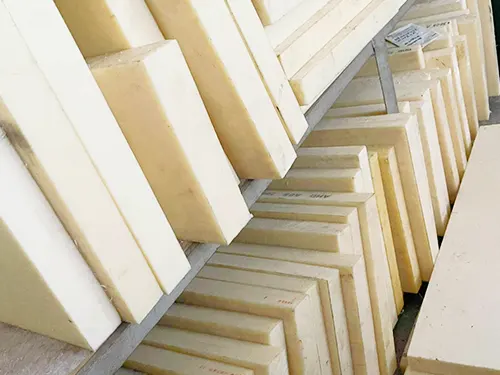
ABS
ABS, or Acrylonitrile Butadiene Styrene, is a commonly used thermoplastic polymer in CNC machining. Its advantages include good strength, toughness, and resistance to impact, making it ideal for producing durable parts. ABS also boasts good heat resistance and can be easily machined, drilled, and sanded to achieve the desired shape. However, ABS is prone to warping, which can lead to dimensional inaccuracies in the final product. It is also vulnerable to UV light and can degrade over time when exposed to sunlight. Despite these drawbacks, ABS remains a popular choice for CNC machining due to its affordability, versatility, and ease of use. Its combination of strength and manufacturability makes it a valuable material in various industries.
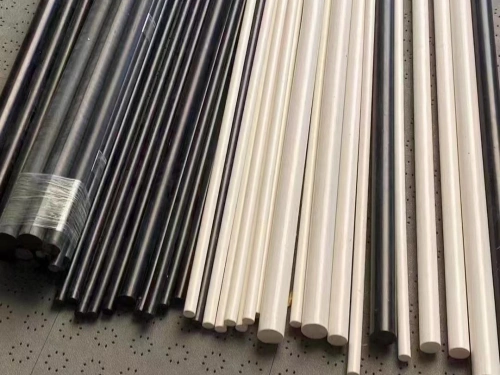
PMMA
Polymethyl methacrylate (PMMA) is a type of durable thermoplastic that is commonly used in CNC machining due to its versatility and ease of manipulation. Its advantages include high strength-to-weight ratio, excellent dimensional stability, and resistance to UV radiation and weathering. PMMA is also transparent, making it ideal for applications where optical clarity is required. However, PMMA can be brittle and prone to scratching, which can limit its durability in some applications. Additionally, it has a lower heat resistance compared to other engineering plastics, which can be a limiting factor in certain machining processes. Overall, PMMA is a popular choice for CNC machining due to its combination of strength, versatility, and optical properties.
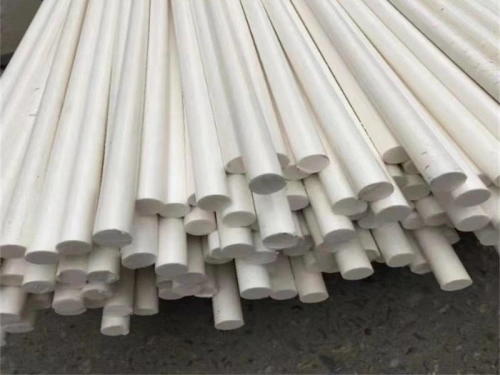
PE
PE stands for “Programmable Electronics” in CNC machining. It refers to the system that controls the movements of the machine tools and automates the manufacturing process. One major advantage of PE is its ability to perform complex machining operations with high precision and consistency. It also allows for faster production rates and reduces the need for manual intervention, increasing productivity. However, a disadvantage of PE is the initial cost of implementation and maintenance, which can be considerable. Additionally, the complexity of the programming required for PE systems can be a challenge for operators who are not well-versed in computer programming. Despite these drawbacks, the benefits of PE in CNC machining far outweigh the disadvantages, making it an essential tool for modern manufacturing processes.
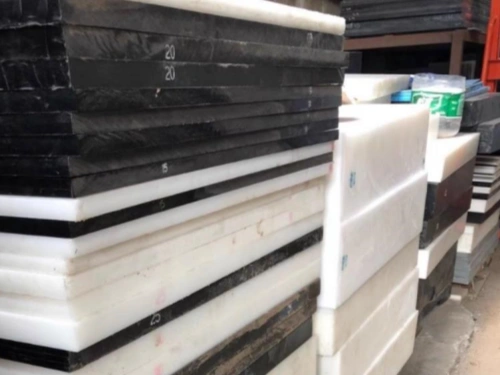
Nylon
Nylon is a synthetic thermoplastic material commonly used in CNC machining for its versatility and durability. One of the advantages of nylon is its high strength-to-weight ratio, making it ideal for producing lightweight but strong parts. Additionally, nylon is resistant to abrasion, chemicals, and moisture, making it suitable for a wide range of applications. However, nylon does have its disadvantages as well. It has a tendency to absorb moisture, which can affect its dimensional stability and mechanical properties. Nylon also has a relatively low melting point compared to other engineering plastics, which can limit its use in high temperature applications. Despite these drawbacks, nylon remains a popular choice for CNC machining due to its affordability and ease of machining.
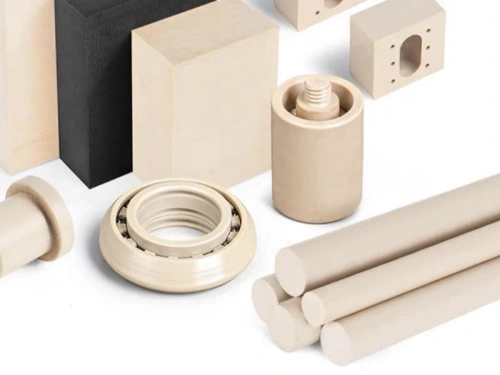
PEEK
PEEK, a abbreviation for polyether ether ketone, is a high-performance thermoplastic material commonly used in CNC machining. Its advantages include excellent mechanical properties, resistance to high temperatures, and low friction coefficient. These characteristics make PEEK ideal for applications in industries such as aerospace, automotive, and medical. However, one disadvantage of PEEK is its high cost compared to other plastics, making it a less economical choice for some projects. Additionally, PEEK is known for being difficult to machine due to its high strength and toughness, which can lead to increased machining time and tool wear. Overall, while PEEK offers superior performance, its cost and machining challenges may be limiting factors in certain applications.
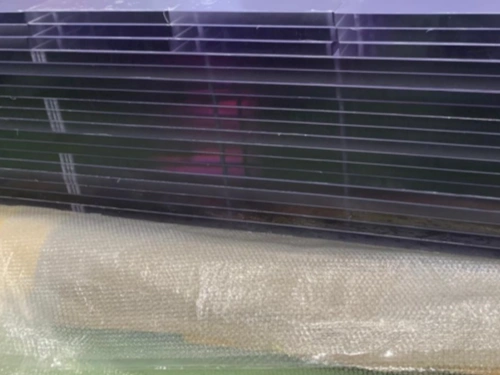
PC
A PC for CNC machining refers to a personal computer that controls the operation of a CNC machine. The PC is connected to the machine through specialized software to program and execute tasks with precision. One advantage of using a PC for CNC machining is its ability to easily update and customize the software to meet specific requirements. Additionally, PCs offer a user-friendly interface for operators to input complex instructions quickly and accurately. However, a disadvantage of utilizing a PC for CNC machining is the risk of system failure or compatibility issues with the software, which can result in costly downtime for production. It is crucial for businesses to have a reliable IT infrastructure in place to prevent potential disruptions in the manufacturing process when using a PC for CNC machining.
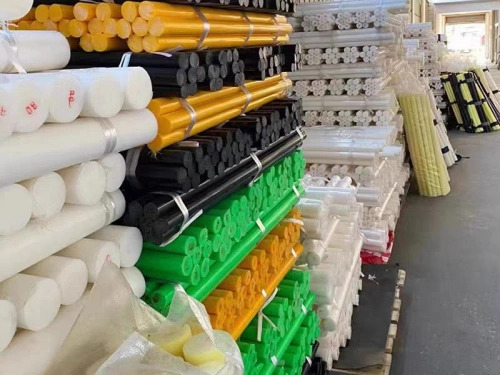
PP
PP, or Polypropylene, is a widely used material in CNC machining due to its versatility and affordability. One of the main advantages of using PP for CNC machining is its excellent chemical resistance, making it suitable for a wide range of applications in various industries. Additionally, PP is known for its high strength-to-weight ratio, making it a strong and durable material for CNC machining projects. However, one disadvantage of PP is its low thermal resistance, which can make it prone to warping or melting during high-speed machining processes. Overall, PP offers a cost-effective solution for CNC machining projects that require a material with good chemical resistance and strength, despite its limitations in terms of thermal resistance.
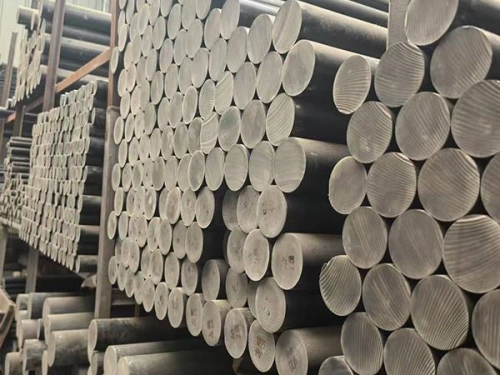
PET
PET (Polyethylene Terephthalate) is a common material used in CNC machining due to its excellent mechanical properties and ease of machinability. PET offers advantages such as high impact resistance, good chemical resistance, and low moisture absorption, making it ideal for a wide range of applications. Additionally, PET is a cost-effective material that is readily available in various shapes and sizes. However, PET does have some disadvantages, including limited temperature resistance and poor creep resistance compared to other engineering plastics. PET may also require additional post-processing steps to achieve the desired surface finish. Despite these drawbacks, PET remains a popular choice for CNC machining due to its versatility and affordability.
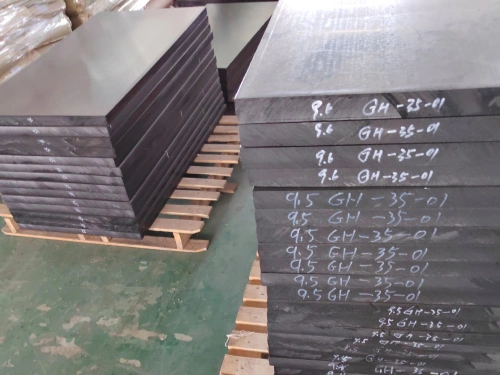
POM
POM, or Precision Optical Manufacturing, is a technique used in CNC machining that involves the use of optical technology to enhance precision and accuracy in the production of parts and components. One of the main advantages of POM for CNC machining is its ability to achieve ultra-high levels of precision, making it ideal for applications that require extremely tight tolerances. Additionally, POM allows for greater repeatability and consistency in production, reducing the likelihood of errors and defects. However, one of the main disadvantages of POM is its high initial investment cost, as the equipment and technology required for this technique can be expensive. Additionally, the complexity of POM systems can require specialized training for operators, adding to the overall cost of implementation.
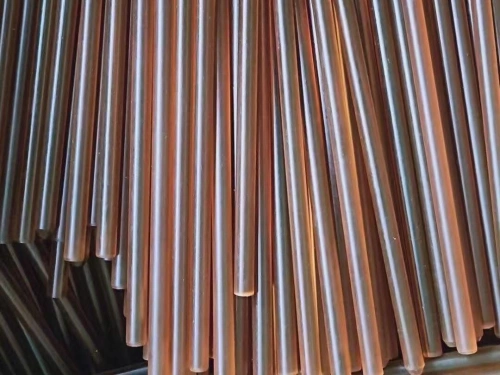
PVC
PVC, or polyvinyl chloride, is a common material used in CNC machining due to its versatility and cost-effectiveness. The advantages of using PVC for CNC machining include its ease of machinability, making it simple to create intricate designs and precise cuts. Additionally, PVC is lightweight, durable, and resistant to corrosion, making it suitable for a wide range of applications. However, one disadvantage of PVC is that it can release harmful fumes when heated, requiring proper ventilation and safety precautions. Additionally, PVC is not as strong as other materials like metal, limiting its use in heavy-duty applications. Overall, PVC is a popular choice for CNC machining for its affordability and versatility, despite some drawbacks.
Surface Finishes
We bring expert knowledge and experience to every product surface we treat.
| Name | Description | Materials | Color | Texture | More |
|---|---|---|---|---|---|
| Brushing | Brushing is the process of cleaning teeth using a toothbrush and toothpaste. It helps remove food particles, plaque, and bacteria that can cause tooth decay and gum disease. Brushing should be done twice a day for two minutes each time. |
Aluminum, Brass, Stainless Steel, Steel, ABS,etc | N/A | Satin | |
| Sand Blast | Sandblasting, also known as abrasive blasting, is a method used to clean, polish, or shape a surface by propelling abrasive materials at high speeds. It is commonly used in industries for various purposes. |
All Metal Materials, Plastic | N/A | Matte | |
| Tumbling | Tumbling is a form of gymnastics that involves acrobatic movements such as flips, twists, and somersaults. It requires strength, flexibility, and coordination. Tumbling is often performed on mats or spring floors. |
All Materials | N/A | Smooth, Matte | |
| Polishing | Polishing is a process of smoothing and refining a surface by rubbing or using a tool to enhance its appearance. It aims to remove imperfections, such as scratches or dullness, in order to create a smooth, glossy finish. |
All Materials | N/A | Smooth | |
| Anodizing | Anodizing is an electrochemical process that forms a protective oxide layer on metal surfaces, usually aluminum. This layer enhances corrosion resistance, adds durability, and allows for vibrant color options in various industries. |
Aluminum, Titanium | Clear, Yellow, Green, Blue, Black, etc |
Smooth, matte finish. | |
| Painting | Painting is a visual art form where colors are applied onto a surface using various techniques, tools, and mediums. It allows artists to express emotions, ideas, and creativity through the manipulation of color, form, and composition. |
All Materials | Clear, Yellow, Green, Blue, Black, Multiple | Gloss, semi-gloss, flat, metallic, textured | |
| Black Oxide | Black oxide is a process used to create a thin coating of black magnetite on metal surfaces. It provides corrosion resistance and enhances the appearance of the metal, making it commonly used in firearms, automotive parts, and tools. |
Steel, Stainless Steel | Black | Smooth, matte | |
| Electroplating | Electroplating is a process that involves coating a metal object with a thin layer of another metal through the use of electrical currents. This technique is commonly used to enhance the appearance, durability, and corrosion resistance of various items. |
Aluminum, Steel, Stainless Steel | Gold, Silver, Nickel, Copper, Brass, Zinc, Chrome | Smooth, glossy finish | |
| Powder Coating | Powder coating is a type of coating that is applied as a free-flowing, dry powder. It is usually used to create a hard finish that is tougher than conventional paint. |
Aluminum, Stainless Steel, Steel,etc | Custom | Gloss, matte or semi-gloss | |
| Alodine | Alodine, also known as chemical conversion coating, is a process used to treat aluminum surfaces to improve corrosion resistance and paint adhesion. It involves applying a chemical solution to create a protective layer. |
Aluminum, Stainess Steel | Clear, Gold | As machined | |
| Passivation | Passivation is a chemical process used to protect metal from corrosion. It involves immersing the metal in an acidic solution to remove contaminants and create a passive oxide film on the surface. |
Stainess Steel | N/A | Matte | |
| Electroless Plating | Electroless plating is a method of depositing a metallic coating onto a substrate without the need for an external power source. It utilizes a chemical reaction to create a uniform and adherent layer. |
Metal, Plastic | Gold, Silver, Nickel, Copper, Brass, Zinc, Chrome | Smooth, glossy finish |
Gallery Parts
CNC machining services Locations Near Massachusetts, USA
Our experienced staff ensures smooth, reliable, and high-quality surface finishes.
FAQ
Here, some of the most common questions about CNC machining services for Massachusetts, USA. ” free to contact us if you have any question.”
FAQs about CNC Machining Services in Massachusetts
Q: What are CNC machining services?
A: CNC machining services involve using computer-controlled machinery to create precision parts and components.
Q: Why should I choose CNC machining services in Massachusetts?
A: Massachusetts is known for its advanced manufacturing industry and skilled workforce, making it an ideal location for high-quality CNC machining services.
Q: How can CNC machining services benefit my business?
A: CNC machining services can help improve product quality, increase efficiency, and reduce production costs for your business.
Q: What types of materials can be used in CNC machining services?
A: CNC machining services in Massachusetts can work with a wide range of materials, including metals, plastics, and composites.
Q: How long does it take to complete a CNC machining project?
A: The time it takes to complete a CNC machining project will depend on the complexity of the parts and components being created.
Q: How do I choose the right CNC machining service provider in Massachusetts?
A: When selecting a CNC machining service provider, consider factors such as experience, reputation, and capabilities to ensure quality results.
Q: What is the cost of CNC machining services in Massachusetts?
A: The cost of CNC machining services will vary depending on the materials used, complexity of the project, and production volume.
Q: Are there any additional services offered by CNC machining providers in Massachusetts?
A: Some CNC machining providers in Massachusetts may offer additional services such as design assistance, finishing options, and assembly services.
Q: Can CNC machining services in Massachusetts accommodate custom projects?
A: Yes, CNC machining services in Massachusetts can accommodate custom projects and provide tailored solutions to meet your specific requirements.
Q: How can I get started with CNC machining services in Massachusetts?
A: To get started with CNC machining services in Massachusetts, reach out to a reputable service provider to discuss your project needs and receive a quote.
